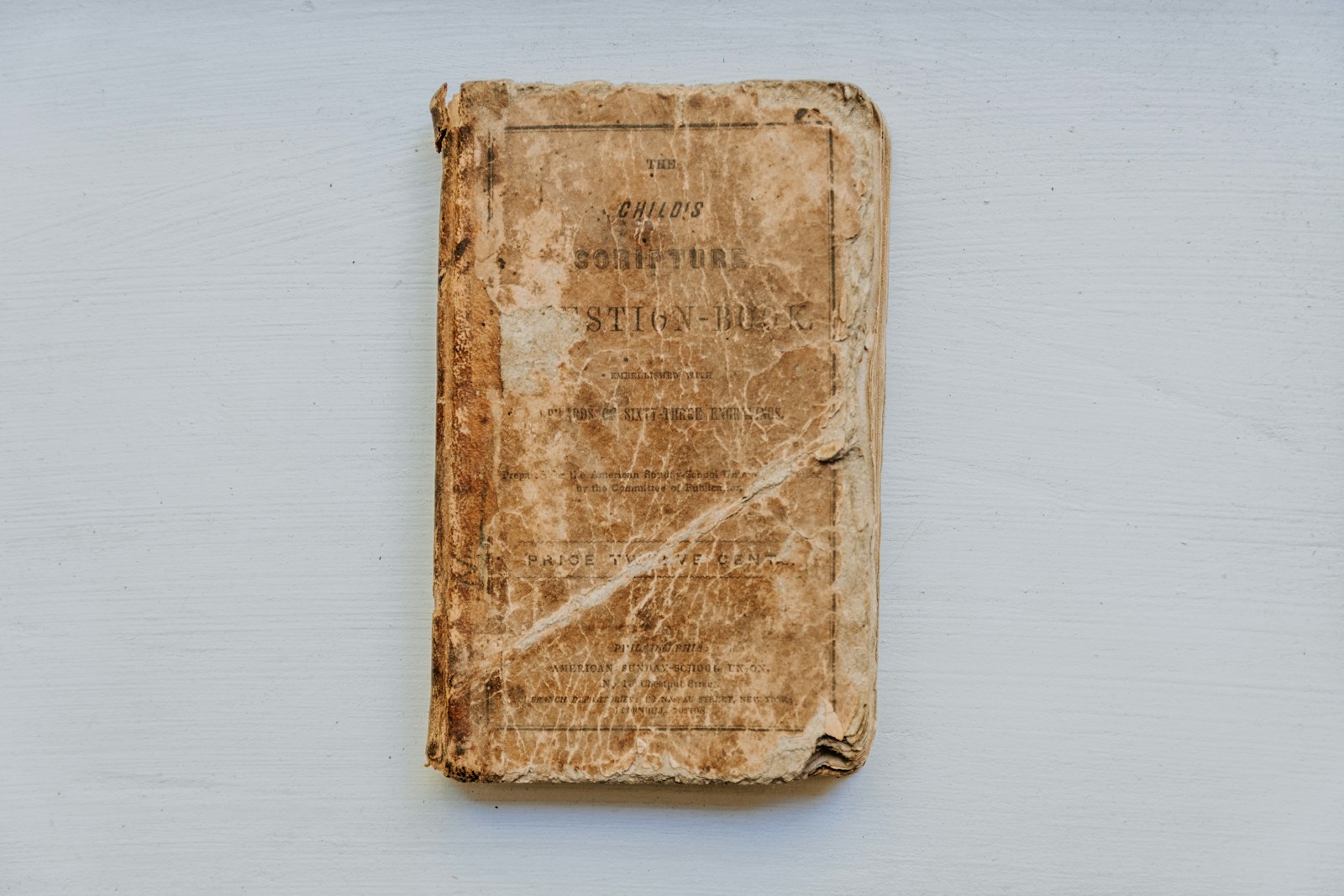
pregunta

question
The Spanish word 'pregunta' maps directly to the English term 'question'. It's used in the same context as its English counterpart, referring to a query or doubt intended to elicit information or an answer. Like in English, it can function as a noun, for example, 'una pregunta' means 'a question'. Furthermore, 'pregunta' can also be a call to action in conversational Spanish, for instance, 'haz una pregunta' means 'ask a question'.
Example sentences using: pregunta
¿Cuál es tu pregunta, Juan?

What is your question, Juan?
This phrase is commonly used to ask someone about the question they might have. The person could be confused or unsure about something.
Necesitan hacer una pregunta al doctor.

They need to ask the doctor a question.
In this context, it's mentioned that somebody needs to ask a question to a professional person, in this case, a doctor.
La pregunta es muy difícil.

The question is very hard.
This phrase is describing the difficulty level of a particular question.
Esa es una buena pregunta.

That is a good question.
This phrase is often used as a response when someone poses a question that is thought-provoking or requires a detailed explanation.
Respóndeme esta pregunta.

Answer me this question.
This phrase is used when someone is demanding the answer to a specific question.
¿Puedo hacer una pregunta?

Can I ask a question?
This could be used in an academic or any polite setting where the speaker wants to request the permission to ask a question.
No entiendo la pregunta.

I do not understand the question.
This phrase is used when someone does not understand a question and they are stating their confusion.
Tiene una pregunta sobre el examen.

He has a question about the exam.
This phrase communicates that a person has a certain query or confusion related to the exam.
¿Es esa su única pregunta?

Is that your only question?
This phrase is used when asking someone if they only had a single question to ask or if they have others.